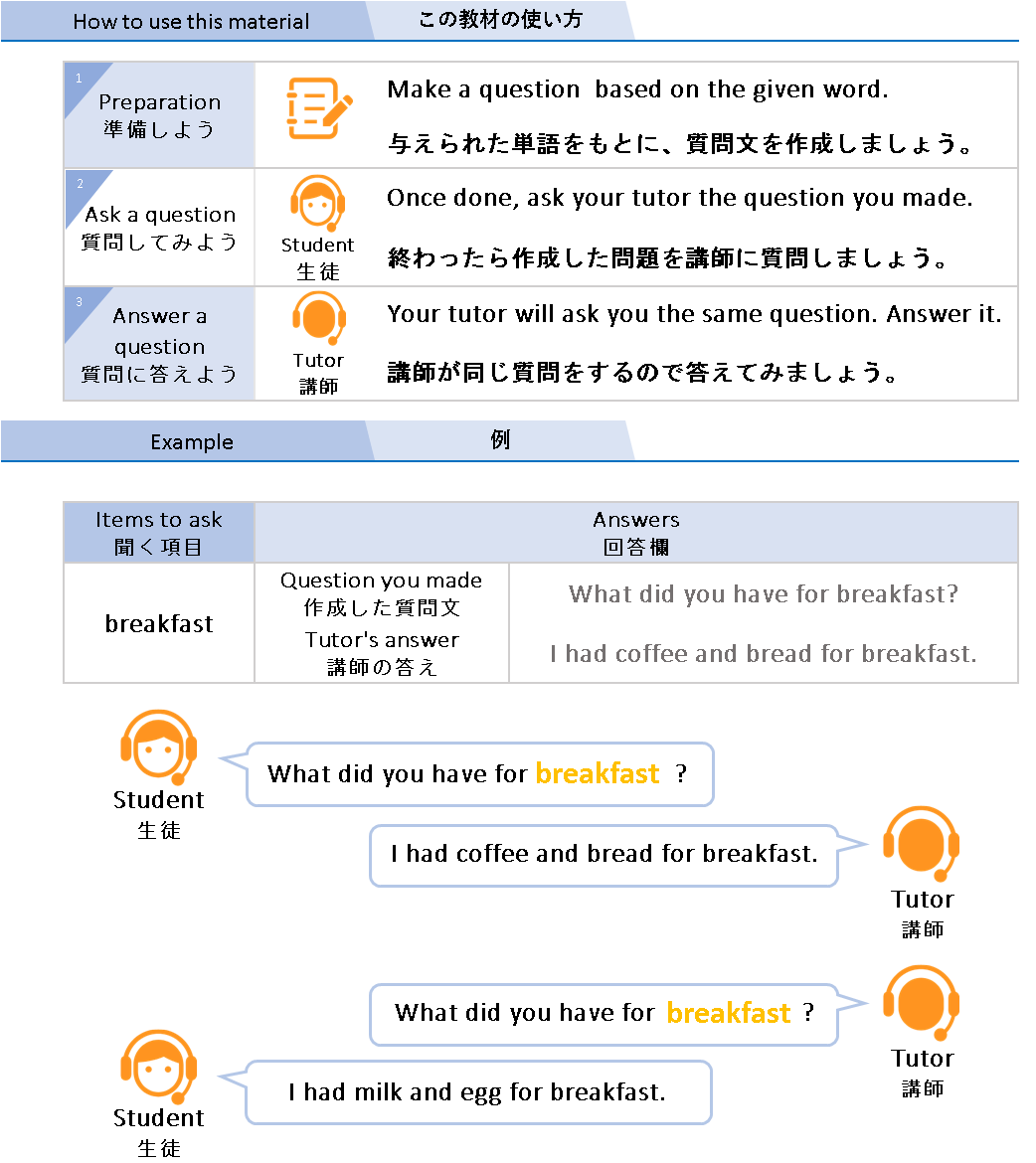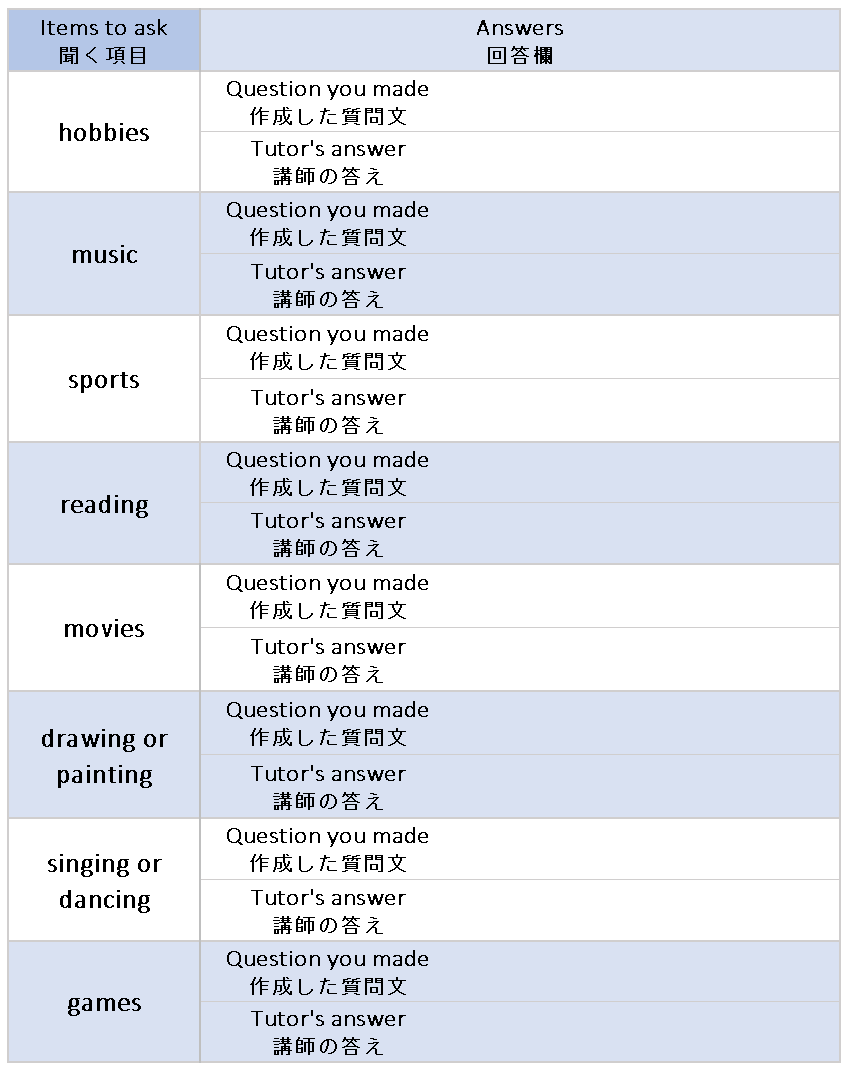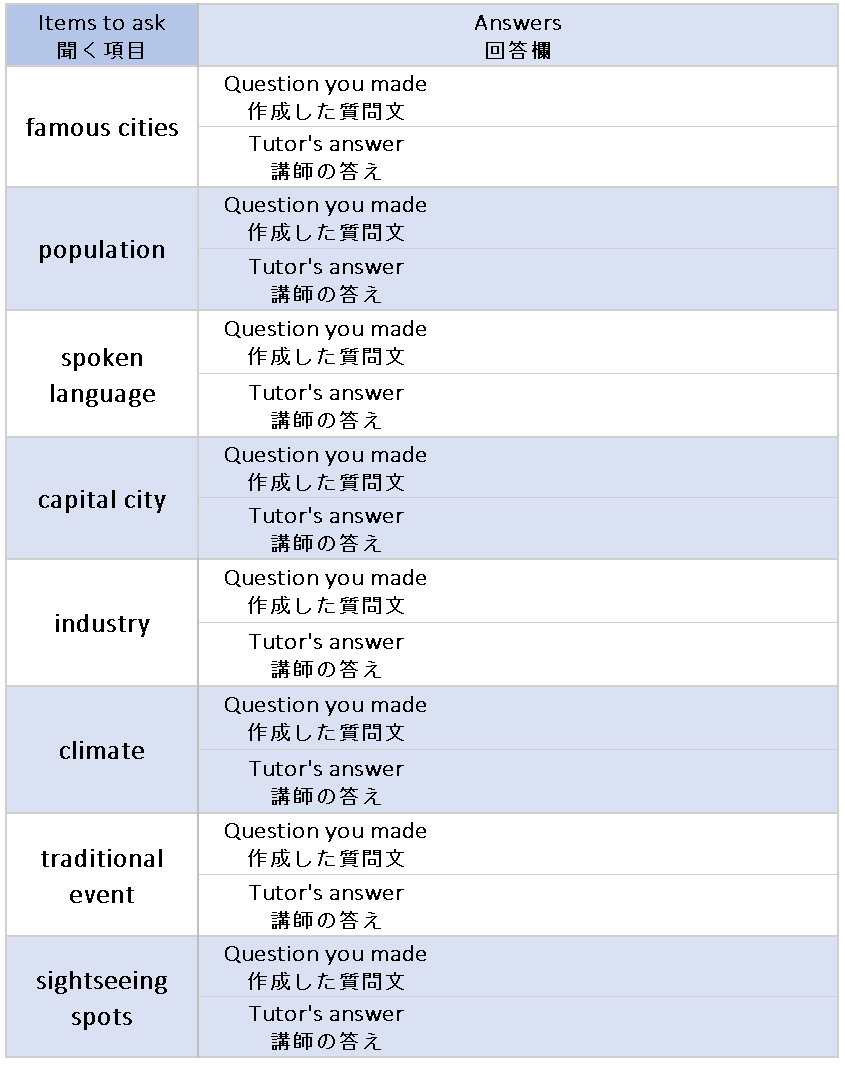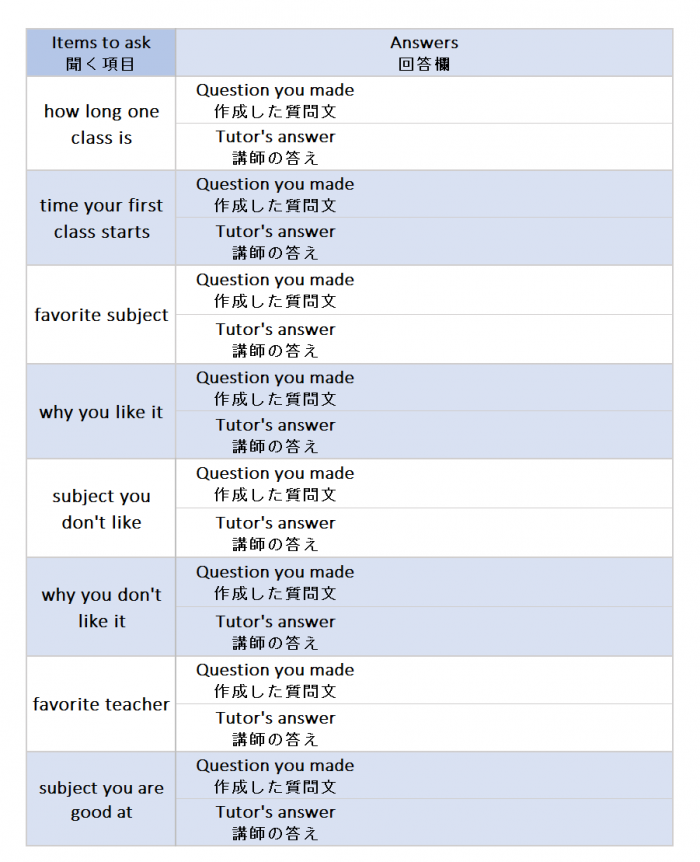In this material, you will learn how to use “we” and “they” in sentences.
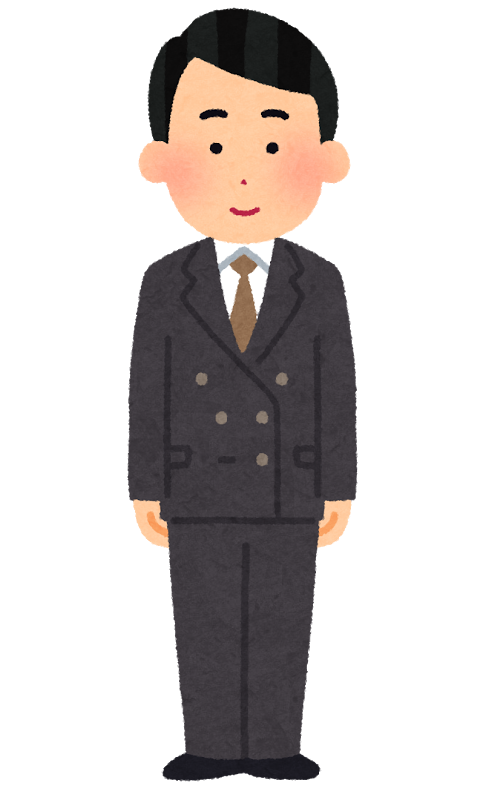
友達と私はコンピューターの会社で働いています。
We are programmers.
私たちはプログラマーです。
We are making computer programs.
私たちはコンピューターのプログラムを作っています。
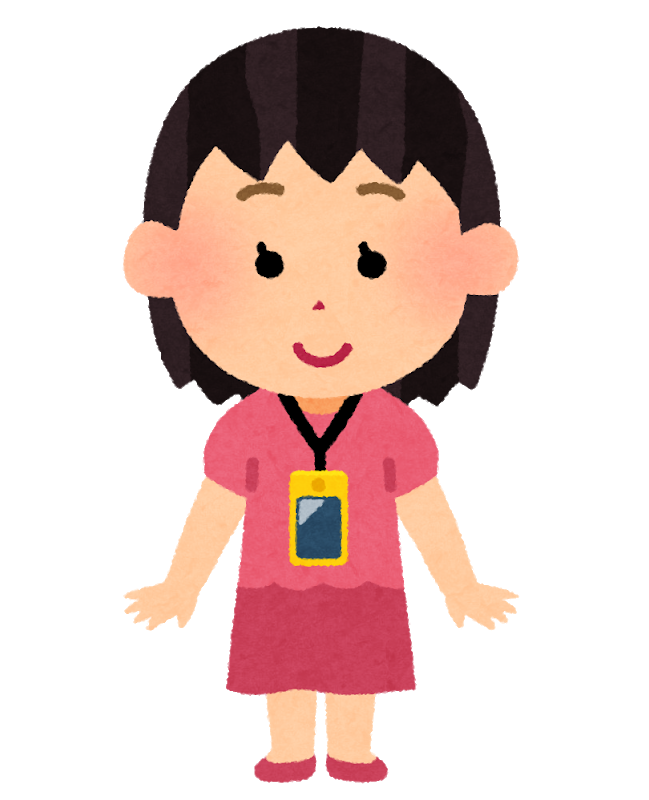
私の父と彼の友達は学校で働いています。
They are teachers.
彼らは先生です。
They are teaching children.
彼らは子供たちに教えています。
友達と私は_______で働いています。
We are _______.
私たちは_______です。
We are ________.
私たちは_______です。
先生の友達と先生は_______で働いています。
They are _______.
彼らは_______です。
They are ________.
彼らは_______です。
友達と私は_______に通っています。
We are _______.
私たちは_______です。
We are ________.
私たちは_______です。
生徒の友達と生徒は_______に通っています。
They are _______.
彼らは_______です。
They are ________.
彼らは_______です。

We are lawyers.
私たちは弁護士です。 We are talking. 私たちは話しています。 |

They are lawyers.
彼らは弁護士です。 They are talking. 彼らは話しています。 |
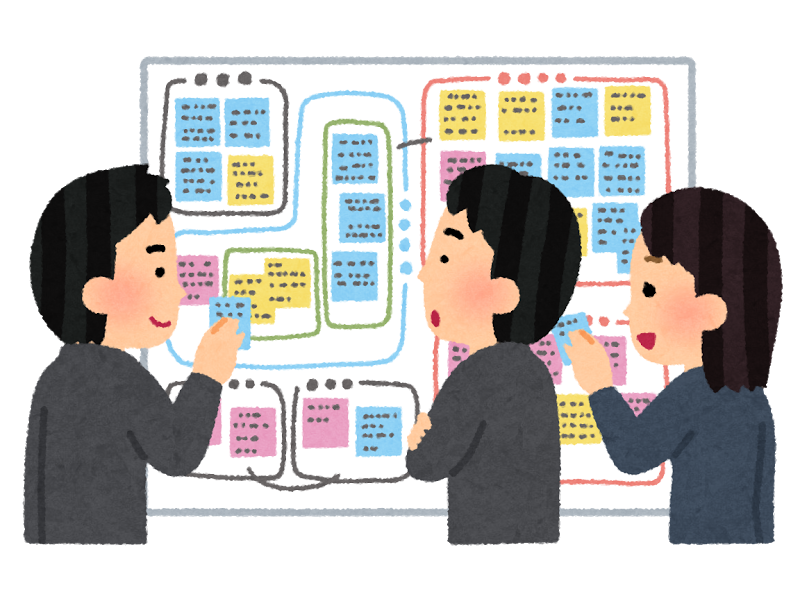
We are businessmen.
私たちはビジネスマンです。 We are planning. 私たちは計画を立てています。 |

They are businessmen.
彼らはビジネスマンです。 They are planning. 彼らは計画を立てています。 |

______ lawyers.
私たちは弁護士です。 |

______ lawyers.
彼らは弁護士です。 |

______ businessmen.
私たちはビジネスマンです。 |

______ businessmen.
彼らはビジネスマンです。 |

______ writers.
私たちは作家です。 |

______ writers.
彼らは作家です。 |
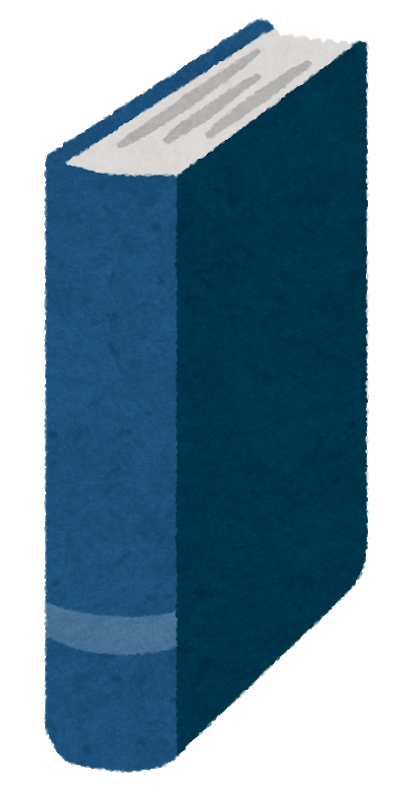
あれは本です。
It is thick.
それは分厚いです。
It is blue.
それは青いです。

あれらは本です。
They are thick.
それらは分厚いです。
They are heavy.
それらは重いです。
講師がものを説明します。そのあと、”that/those”を使って聞いたことを話しましょう。
あれは_______ です。
__________ are __________.
あれらは_______ です。
They are __________.
それは_______ です。
あれは_______ です。
__________ are __________.
あれらは_______ です。
They are __________.
それは_______ です。
あれは_______ です。
__________ are __________.
あれらは_______ です。
They are __________.
それは_______ です。
あれは_______ です。
__________ are __________.
あれらは_______ です。
They are __________.
それは_______ です。

That is a book.
あれは本です。 It is thick. それは分厚いです。 It is blue. それは青いです。 |

Those are books.
あれらは本です。 They are thick. それは分厚いです。 They are heavy. それらは重いです。 |
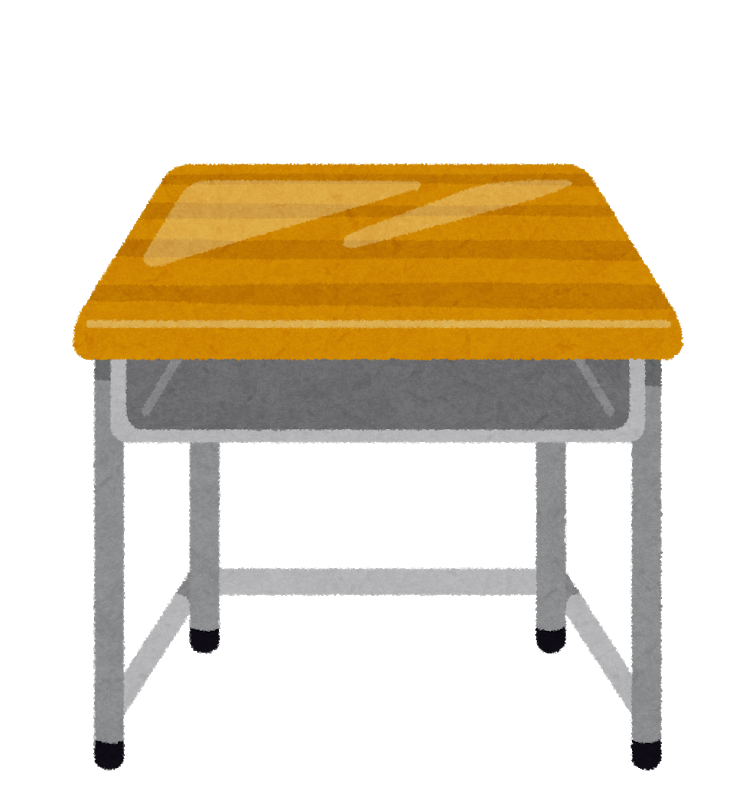
That is a desk.
あれは机です。 It is hard. それはかたいです。 It is brown. それは茶色です。 |
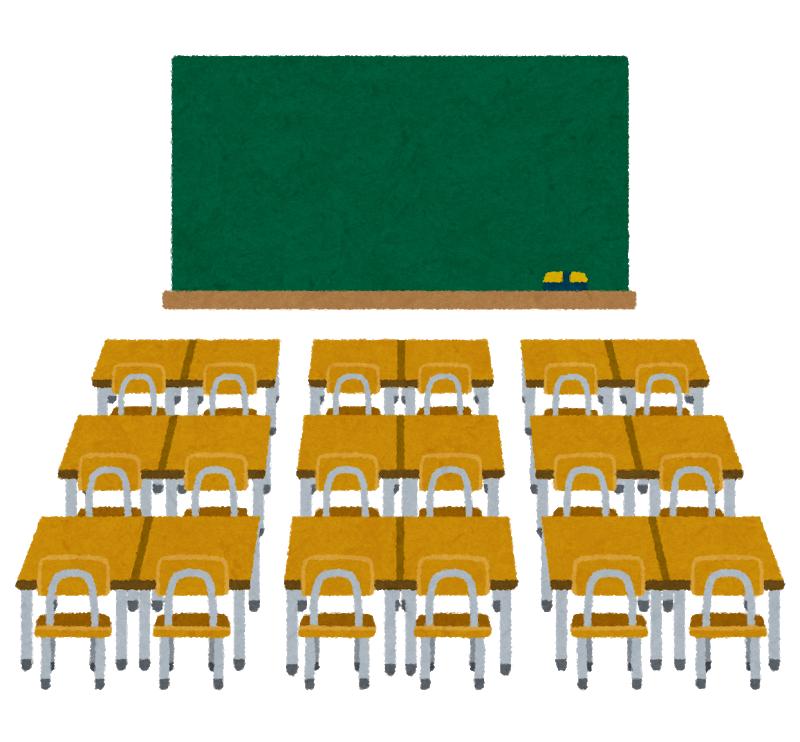
Those are desks.
あれらは机です。 They are hard. それらは固いです。 They are brown. それらは茶色です。 |

________ is a book.
あれは本です。 |

________ are books.
あれらは本です。 |

________ is a desk.
あれは_______ です。 |

________ are desks.
あれらは机です。 |

________ is a pen.
あれはペンです。 |

________ are pens.
あれらはペンです。 |
私たちは質問を始める準備ができていますか?
2. There are your classmates. Are they speaking English?
あなたのクラスメイトがいますね。彼らは英語を話していますか?
3. Are we Japanese?
私たちは日本人ですか?
| 1. | |
| 2. | |
| 3. |
私たちはスペイン語を勉強していますか?
2. Are we seeing each other?
私たちはお互いの姿が見ていますか?
3. There are some Japanese in the Philippines. Do they speak your language?
フィリピンには日本人がいます。彼らはフィリピンの言葉を話しますか?
| 1. | |
| 2. | |
| 3. |
| Grammar 文法 |
Pronunciation 発音 | Vocabulary 単語 |
Comprehension 理解 |
|
|---|---|---|---|---|
 GOOD GOOD |
文法の誤りはほとんどなく、完全な文章で話すことができる | ほとんどの単語をはっきりと正しく発音することができる | 習った表現を適切に使うことができる | 文章を理解し、質問に正しく答えることができる |
 FAIR |
文法の誤りはあるが、完全な文章で話すことができる | 発音の練習が必要な言葉がいくつかある | たまにミスはあるが、習った表現を適切に使うことができる | 文章を完全に理解するのは難しく、質問に正しく答えられないときもある |
 POOR |
文章で話すのは難しく、単語だけで話すことができる | 発音の練習が必要である | 習った単語と表現を少しだけ使うことができる | 文章を理解するのは難しく、質問に答えるのは難しい |
レッスン教材の改善・拡充を図ることを目的とし、アンケートを実施しております。
以下のURLからアンケートにお答えいただき、 ご意見・ご要望をお聞かせください。
アンケートはこちら


